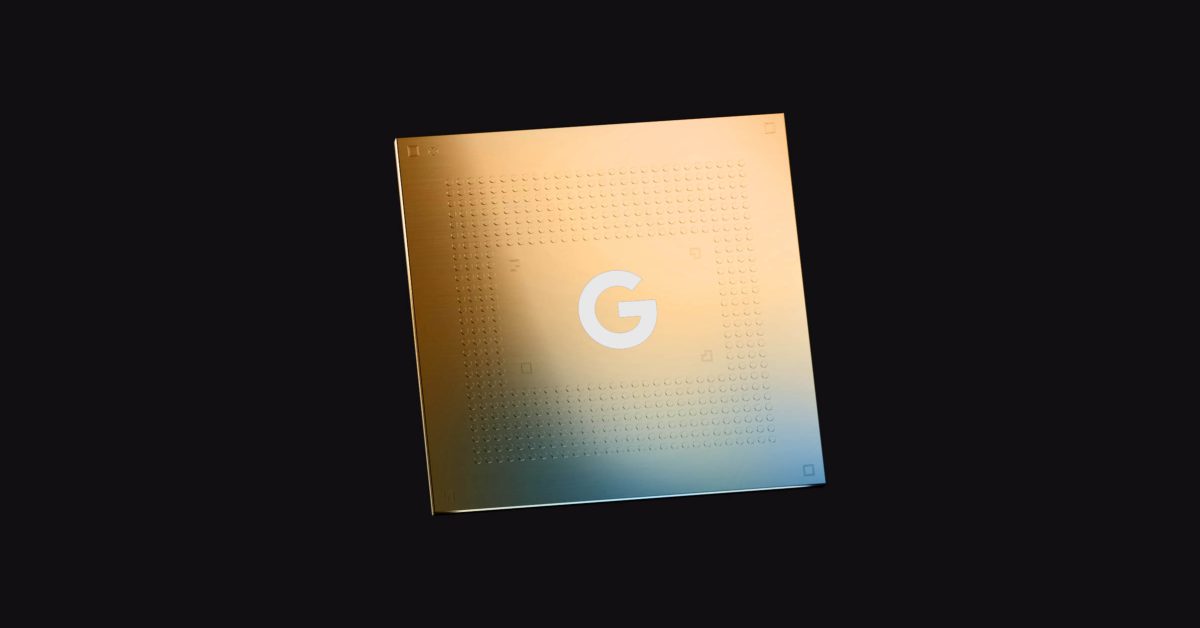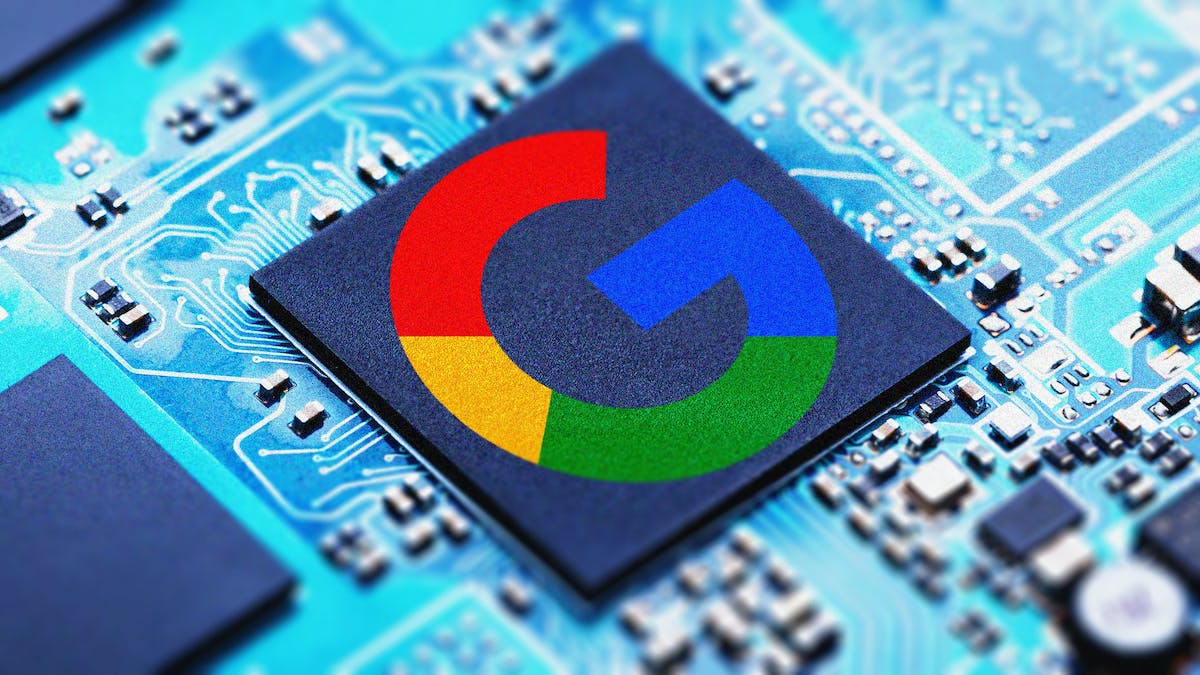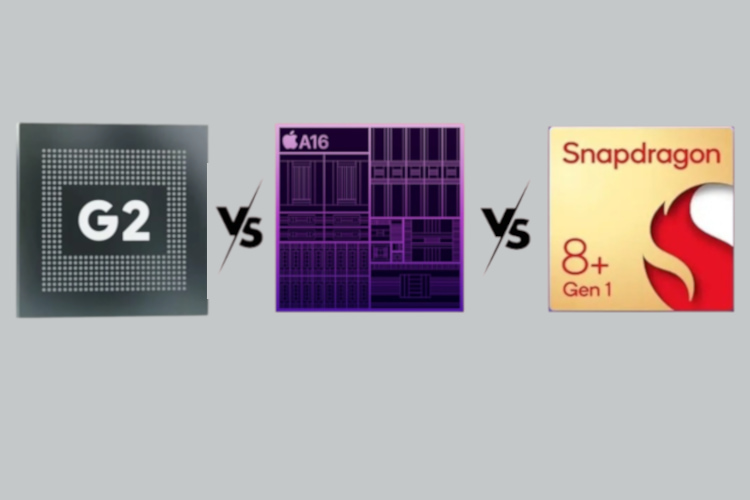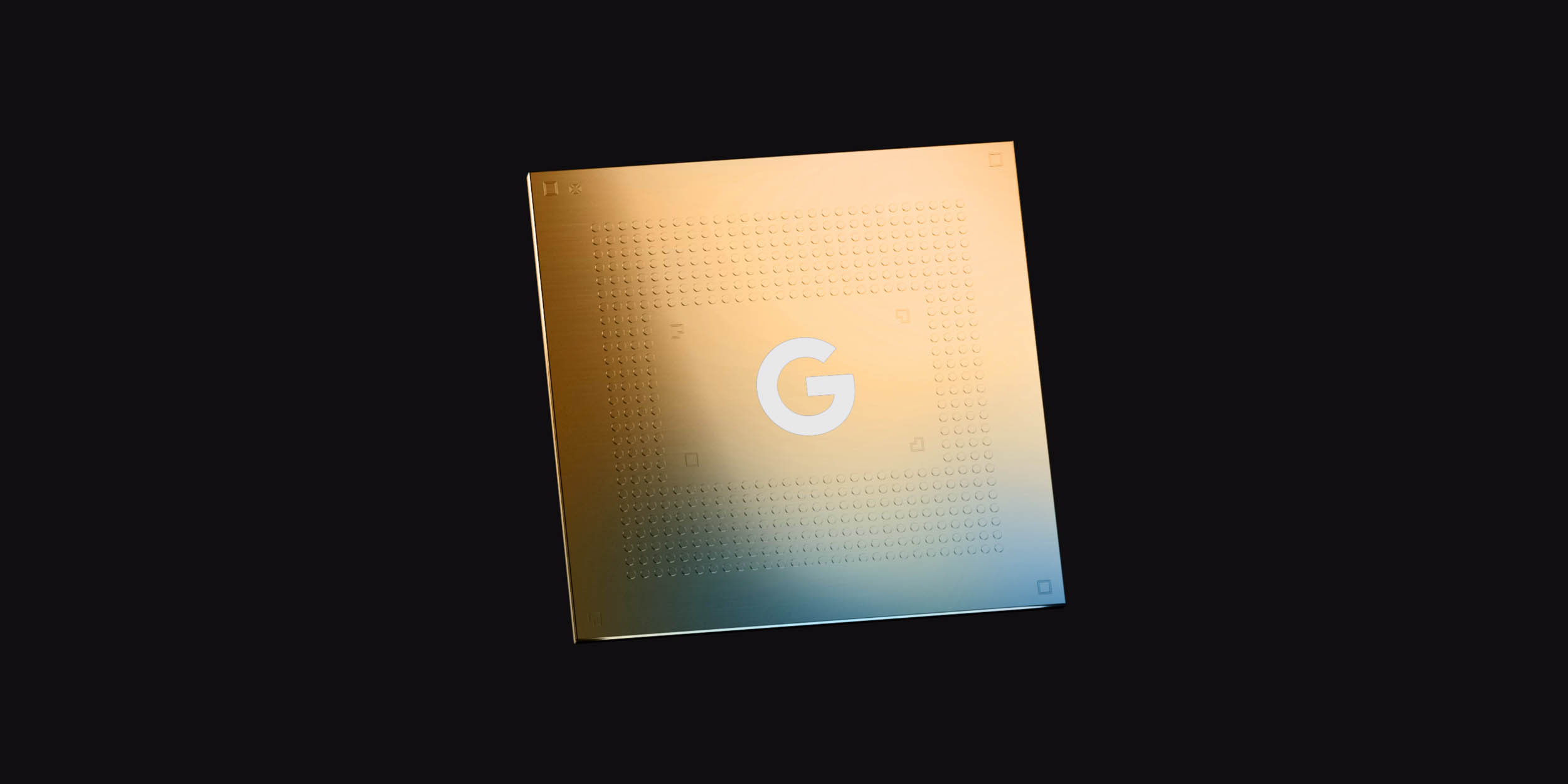Google’s Custom Chip: Tensor G5
Google is making waves in the tech industry with its custom-built chips, specifically the Tensor G5. These chips, designed to power Google’s Pixel smartphones, are expected to bring new advancements in performance and efficiency. In this article, we will explore the details of the Tensor G5 and its potential impact on the smartphone market.
The Journey So Far

Google’s journey in chip development started with reliance on Samsung for manufacturing its chips. However, recent reports indicate that Google is considering a shift towards Taiwan Semiconductor Manufacturing Company (TSMC) for the upcoming Tensor G5 chip.
The Redondo Test
Initially, Google planned to introduce its fully customized chip, codenamed “Redondo,” for Pixel smartphones in 2024. However, due to missed trial production deadlines and feature reductions, the project was handed over to TSMC. Redondo will now serve as a test chip for the next generation.
The Timeline
The Tensor G5 chip, known as Laguna, is scheduled for release in 2025. Manufactured using TSMC’s advanced 3-nanometer process and incorporating Integrated Fan-Out technology, it promises enhanced power efficiency and reduced thickness.
A Transition in Progress

Gradual Replacement of Samsung Components
Google has been gradually replacing Samsung components with its own intellectual property in each successive generation of Pixel smartphones. This transition includes components related to communications, audio, image processing, and graphics processing.
Challenges and Delays
Several Tensor chips have been canceled over the past two years, leading to rumors of a Tensor-powered Pixelbook that was eventually scrapped. Challenges in coordinating work between the United States and India, where most of the Tensor silicon engineers are based, and high turnover within the team have contributed to the delays in launching fully custom Tensors.
Looking Towards the Future

Implications for Pixel Smartphones
The transition to in-house chip design and manufacturing could give Google more control over the performance and efficiency of its devices. This could potentially lead to improved user experiences and set new standards in smartphone technology.
Anticipation for Pixel 6 and Beyond
The release of the Pixel 6 and the Tensor G3 is highly anticipated by technology enthusiasts. These devices will offer a glimpse into the future of smartphone technology and the advancements that Google’s custom chips can bring.
Conclusion

As Google prepares to unveil its custom-built Tensor G5 chip, the tech industry is filled with excitement and curiosity. The shift towards in-house chip design and manufacturing marks a significant milestone for Google’s Pixel smartphones. With promises of enhanced performance and efficiency, the Tensor G5 could redefine the standards of smartphone technology.
FAQ

1. Will the Tensor G5 be compatible with previous generations of Pixel smartphones?
Yes, the Tensor G5 is expected to be compatible with upcoming Pixel smartphones, offering improved performance and efficiency.
2. How will the transition to TSMC impact Samsung?
The transition to TSMC for chip manufacturing may have implications for Samsung’s partnership with Google, potentially reducing their involvement in future Pixel devices.
3. What are the advantages of using TSMC’s advanced manufacturing processes?
TSMC’s advanced processes, such as the 3-nanometer process, offer enhanced power efficiency and performance improvements, making them ideal for cutting-edge smartphone chips like the Tensor G5.
4. Are custom chips becoming a trend in the smartphone industry?
Custom chips are gaining traction in the smartphone industry as companies seek to optimize performance and differentiate themselves in the market. Google’s Tensor G5 is a testament to this trend.
5. Can we expect significant improvements in camera performance with the Tensor G5?
While camera performance is not directly influenced by the chip itself, the Tensor G5’s improved processing capabilities may enable better image processing and computational photography features in future Pixel smartphones.
